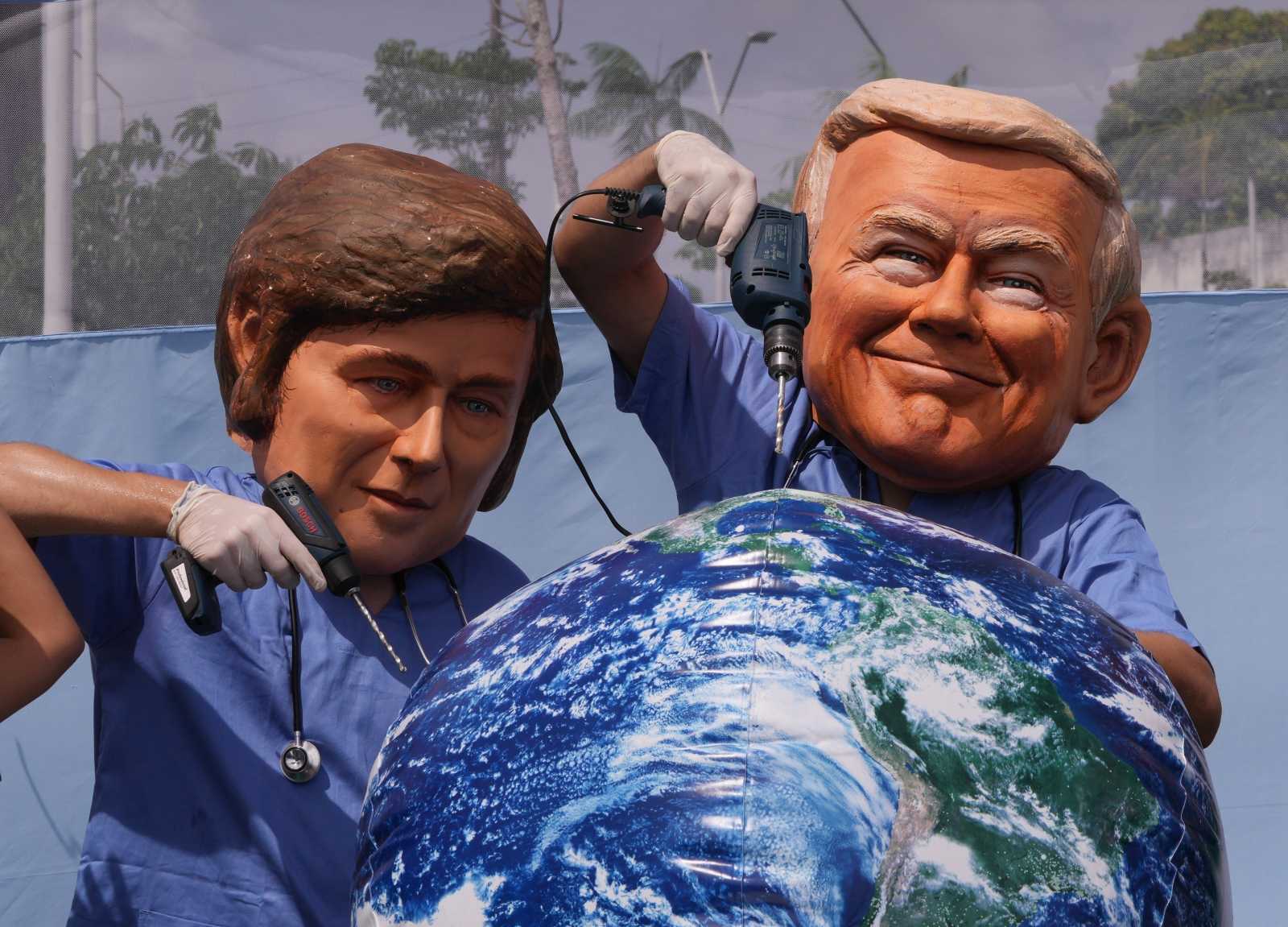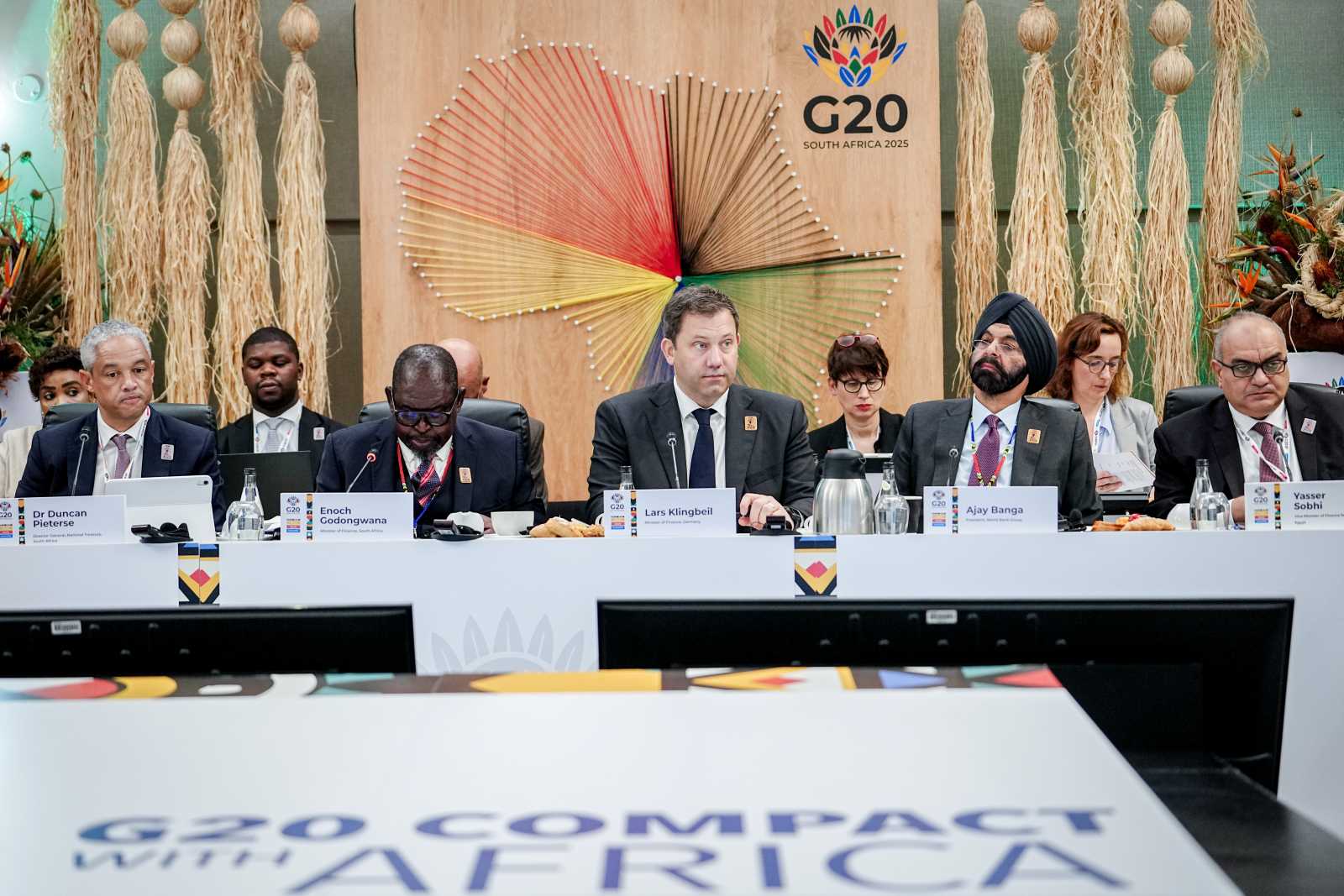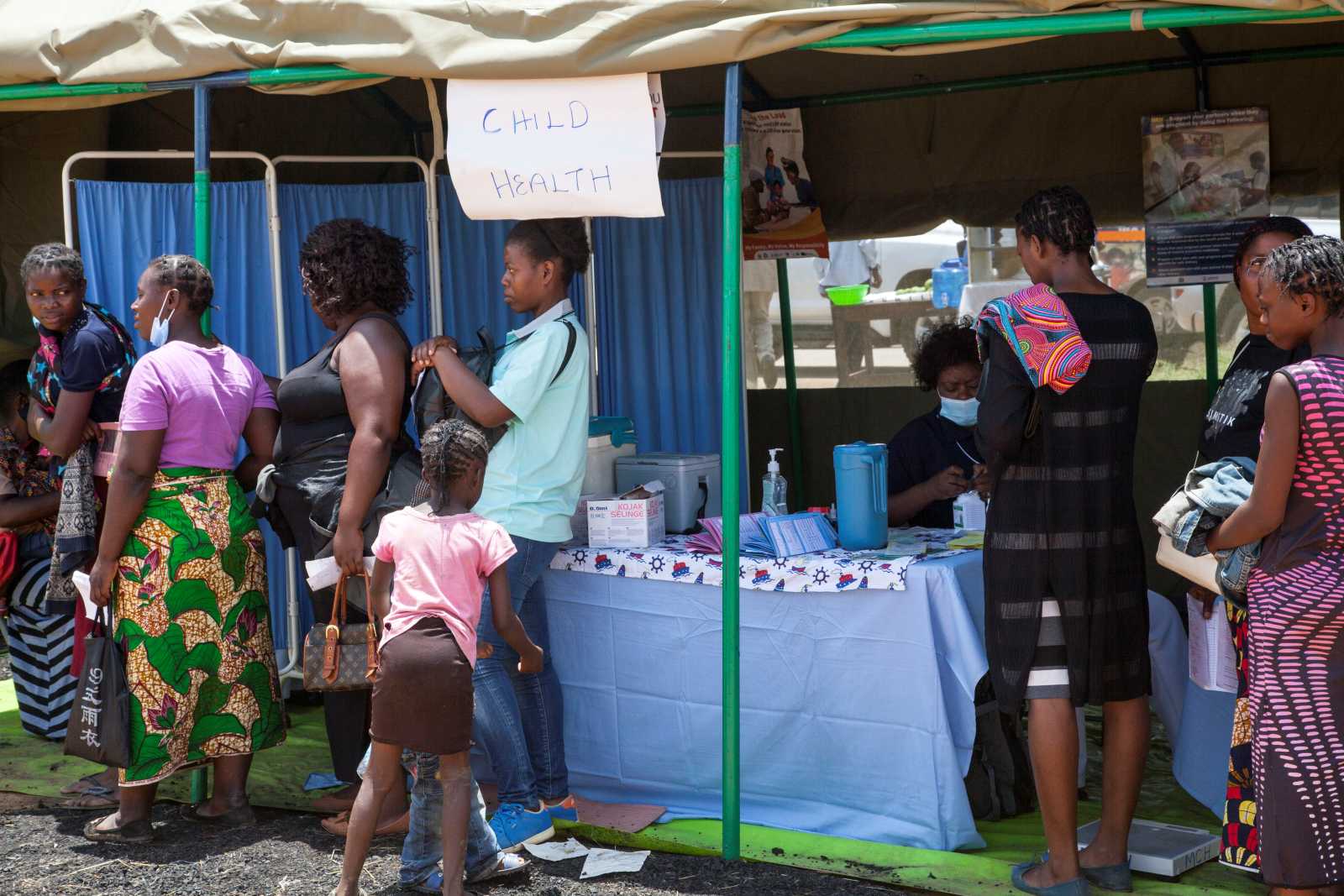Fusion von GTZ, InWEnt und DED
Jennifer Dube zu Reformplänen
Internationally, poverty has only been successfully fought where the private sector has thrived. How can and should a donor agency best support developing countries in this respect?
Donor agencies can support community or grassroots-based participatory empowerment initiatives, which will reduce the poor’s reliance on aid, instead empowering them to fight their own situation. The current approach used by many donors does not equip the poorest in society to contribute towards the fight of their own poverty, but only enhances their reliance on aid. Instead of giving food handouts for example, donors can give beneficiaries such inputs as seed and fertiliser to produce their own food.
The Millennium Development Goals stress progress in specific sectors. How can and should a donor agency for technical cooperation best support developing countries in this respect?
Instead of doing everything for the communities, there should be ways of empowering the communities to do it for themselves. This entails developing ways of sharing the skills from technocrats who usually implement most of the programmes to allow the communities to do it for themselves.
The money invested in sending technocrats to communities can be used to train locals, who will in turn train their fellow citizens on a particular area and subject. This will allow a good blend of the “exotic” skills and techniques from the donors with the locals’ own traditional and indigenous approaches.
Most developing countries I am familiar with are agrarian economies. I think providing agriculture-related assistance, not only seed and fertiliser, but also such things as knowledge on best agricultural practices would help. For those countries which rely on fisheries will require education in that specific area and I think such interventions can see the countries achieving the poverty reduction MDG. Same applies to education and health….donors can provide stationery and pay teacher salaries like in Zimbabwe while others donate health equipment and drugs, but what people need most is education so they can be better armed to do these things by themselves in the event that the donor leaves.
The Paris Declaration and the Accra Agenda for Action stress the relevance of enhancing government capacities. How can and should a donor agency best support developing countries in this respect?
If we are to talk about countries like Zimbabwe, I think this would take the shape of capacitating both government institutions and personnel. Some government institutions simply do not have the equipment to carry out development projects while others do not have qualified personnel for the effective running of certain projects.
Donors and the government should work to complement each other’s efforts, not working on parallel programmes. The two should be able to share their action plans and collaborate in the identification of specific needs, and work out plans of enhancing each other’s efforts. The government should be able to identify areas where donor technical and financial support can be necessary. Donors should also identify areas where they can complement the government’s efforts.
Good and responsible governance have figured high on the development agenda ever since the World Bank's World Develoment Report of 1997. How can and should a donor agency best support developing countries in this respect?
I think this can be achieved through training of both government and citizens on principles of good governance.
But training alone will not help.In some cases, irresponsible government is due to hunger or poverty so empowerment comes in handy here whereby one is empowered to create their own wealth to curb the urge to steal
In as far as donor projects are concerned, I think government together with donors and communities should develop strong monitoring and evaluation models which would discourage any ideas to mismanage public funds, as one will be fully aware that they can never beat the M&E model
Again, strong punishment measures stand a better chance of encouraging people to stay on the right side of the law so if strong retribution is agreed for bad management of funds for example, government officers will most likely be kept under check.
Sometimes people steal or mismanage things not because they want to but because there is room to do so. Because of this reality therefore, management of projects should also be made up of a team so each person acts as the guard of the other instead of entrusting, say, one person with a project of a whole community. We can have government officers working together with members of the community who will play more of a watchdog role in the management of resources and progress of projects
In regard to the past, what are strong points of GTZ, InWEnt and DED that you would want to last?
I am familiar with InWent and GTZ and I think the two organisations’ strong point is that they are flexible when it comes to training centres, managing to train people from both the developed and the developing world. Training developing country personnel from a country like Germany, for example, helps expose them to best practices from other cultures while tutors get a better appreciation of their students’ reality by travelling to conduct training in the developing world. GTZ and InWent also bring together people from diverse countries and this helps in the sharing of knowledge and experiences.
















